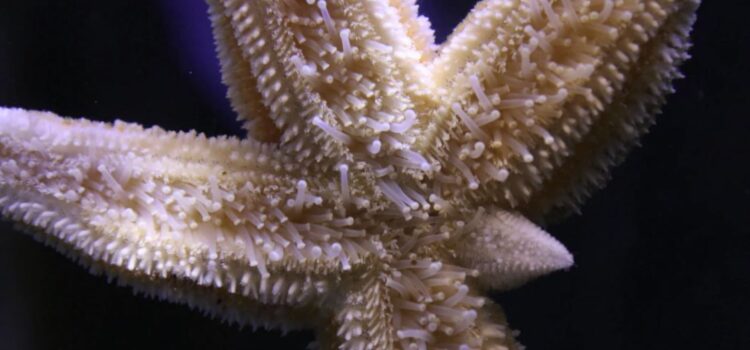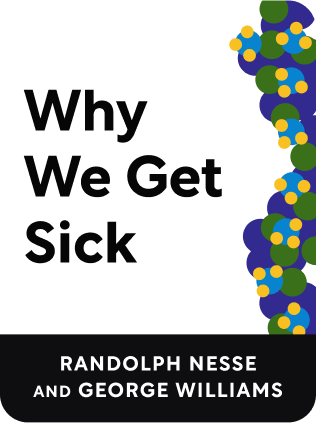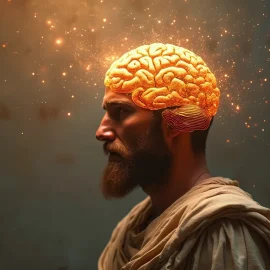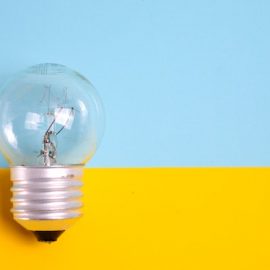

This article is an excerpt from the Shortform book guide to "Why We Get Sick" by Randolph Nesse and George Williams. Shortform has the world's best summaries and analyses of books you should be reading.
Like this article? Sign up for a free trial here .
Why can’t humans regenerate body parts? How does Darwinian medicine help us understand the body better?
Some animals, like lizards and starfish, can regrow body parts. However, humans do not have this ability because the negative costs outweigh the positive ones.
Continue on to learn the dangers of human body regeneration.
Why Doesn’t the Human Body Regenerate Body Parts?
Some animals can regenerate whole body parts when lost, such as starfish regenerating arms and lizards regenerating tails. Wouldn’t it be useful to have human body regeneration as well?
As always, any trait requires balance. Here, the balance is between a) the benefits in improving the organism’s fitness, and b) the costs of maintenance. The genes to regenerate limbs will only be selected for if its benefits outweigh the costs.
In the case of regenerating limbs, the maintenance costs include not just the energy expended in maintaining the machinery to regenerate limbs, but also an increased rate of cancer. It’s dangerous to let mature, specialized tissue have more than the minimum needed capacity to repair likely injuries.
Net Negative Costs
Natural selection has apparently shown us that this type of repair capability is net negative. For much of human history, losing a limb was likely fatal—a Stone Age man who lost an arm would bleed to death in minutes. If the chance of survival in such a case was low, then there was little point in having the machinery to regenerate limbs. If everyone who had limbs amputated died, then the gene to regenerate arms could not be selected for.
This is another example of how Darwinian medicine thinking helps us understand our biology on a deeper level. For any biological trait (or absence thereof), consider the pros and cons of having the trait, then reason about how that trait has been molded by natural selection.

———End of Preview———
Like what you just read? Read the rest of the world's best book summary and analysis of Randolph Nesse and George Williams's "Why We Get Sick" at Shortform .
Here's what you'll find in our full Why We Get Sick summary :
- Why evolution hasn't rid humans of all diseases
- How reproductive fitness is more important than overall survival
- How you evolved to dislike the sound of a baby crying






